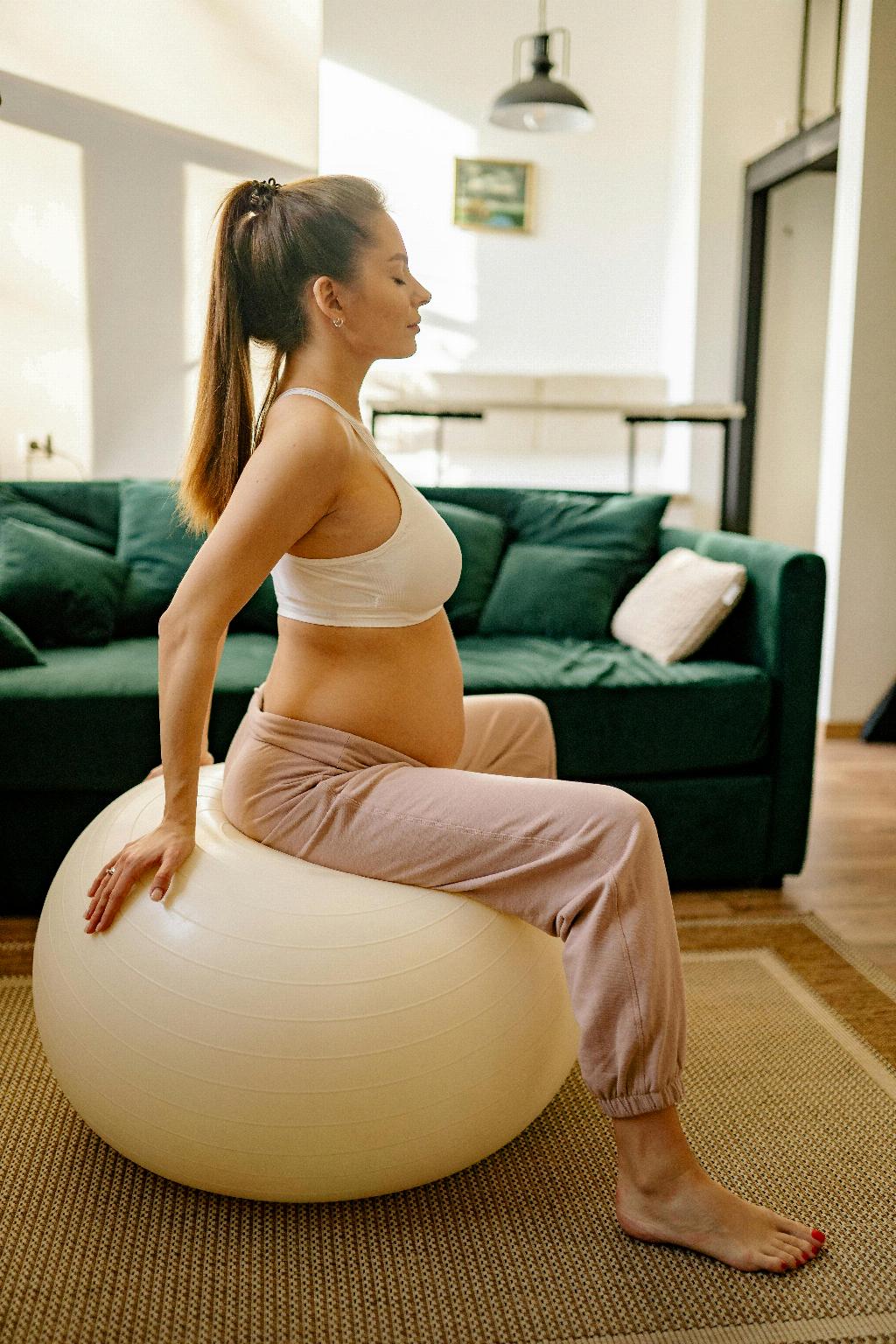Restless Legs Syndrome (RLS) in pregnancy is a common yet often misunderstood condition that can significantly impact the quality of life for expectant mothers. Characterized by the irresistible urge to move the legs, especially when at rest, RLS can cause discomfort and disrupt much-needed sleep during pregnancy.
Prevalence of RLS in Pregnancy
Research indicates that the prevalence of RLS tends to be higher during the third trimester of pregnancy. This period is often associated with increased hormonal changes and physical discomfort, which can exacerbate symptoms of RLS in expectant mothers.
Onset of RLS Symptoms
While the exact onset of RLS symptoms can vary among individuals, it is not uncommon for expectant mothers to experience the first signs of RLS in pregnancy during the second or third trimester. The discomfort and urge to move the legs can be particularly pronounced during periods of rest, such as when trying to sleep or sit still for extended periods.
Factors Contributing to RLS in Pregnancy
The precise etiology of RLS in pregnancy remains unclear, but several factors are believed to contribute to the development or exacerbation of symptoms. Hormonal changes, iron deficiency, and increased pressure on the legs due to weight gain and fluid retention are some of the commonly cited factors associated with RLS in expectant mothers.
Management and Treatment
Managing RLS symptoms during pregnancy can be challenging, as some traditional medications may not be safe for use during gestation. Non-pharmacological approaches, such as gentle exercise, leg massages, warm baths, and maintaining a healthy sleep routine, are often recommended to alleviate symptoms and improve sleep quality.
Consulting with Healthcare Providers
Expectant mothers experiencing symptoms of RLS during pregnancy should consult with their healthcare providers to discuss their concerns and explore suitable management options. Healthcare professionals can offer personalized advice and guidance tailored to the individual needs and circumstances of the expectant mother.
Impact on Quality of Life
RLS in pregnancy can significantly impact the quality of life for expectant mothers, disrupting sleep patterns, and causing physical discomfort during a time that is already challenging for many women. Seeking support and exploring appropriate management strategies are essential steps in mitigating the effects of RLS on overall well-being.
Self-care and Support
Self-care practices, such as maintaining a balanced diet, staying hydrated, engaging in gentle physical activity, and practicing relaxation techniques, can all contribute to managing RLS symptoms in pregnancy. Additionally, seeking support from loved ones and healthcare professionals can provide emotional and practical assistance during this time.
Long-Term Outlook
While RLS symptoms in pregnancy can be distressing, it is important to remember that they are often temporary and tend to improve after childbirth. By actively managing symptoms and seeking appropriate support, expectant mothers can navigate the challenges of RLS during gestation and look forward to a more comfortable postpartum period.
Conclusion
In conclusion, RLS in pregnancy is a common condition that can present challenges for expectant mothers, particularly during the third trimester. By understanding the onset of symptoms, contributing factors, and suitable management strategies, individuals can take proactive steps to alleviate discomfort, improve sleep quality, and enhance overall well-being during this transformative time.

